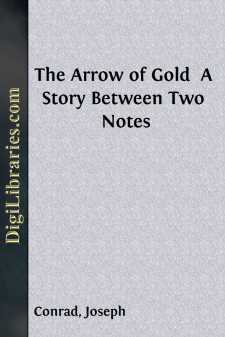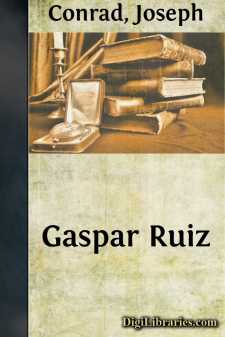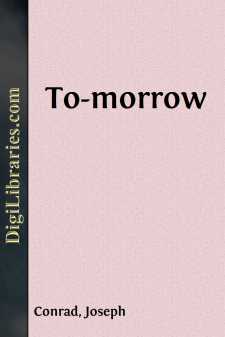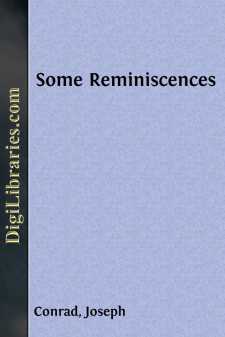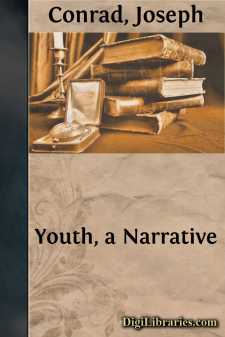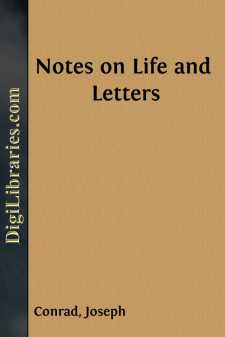Categories
- Antiques & Collectibles 13
- Architecture 36
- Art 48
- Bibles 22
- Biography & Autobiography 815
- Body, Mind & Spirit 144
- Business & Economics 28
- Children's Books 18
- Children's Fiction 14
- Computers 4
- Cooking 94
- Crafts & Hobbies 4
- Drama 346
- Education 58
- Family & Relationships 59
- Fiction 11835
- Games 19
- Gardening 17
- Health & Fitness 34
- History 1378
- House & Home 1
- Humor 147
- Juvenile Fiction 1873
- Juvenile Nonfiction 202
- Language Arts & Disciplines 89
- Law 16
- Literary Collections 686
- Literary Criticism 179
- Mathematics 13
- Medical 41
- Music 40
- Nature 180
- Non-Classifiable 1768
- Performing Arts 7
- Periodicals 1453
- Philosophy 65
- Photography 2
- Poetry 896
- Political Science 203
- Psychology 44
- Reference 154
- Religion 515
- Science 126
- Self-Help 85
- Social Science 83
- Sports & Recreation 34
- Study Aids 3
- Technology & Engineering 59
- Transportation 23
- Travel 463
- True Crime 29
Our website is made possible by displaying online advertisements to our visitors.
Please consider supporting us by disabling your ad blocker.
The Arrow of Gold A Story Between Two Notes
by: Joseph Conrad
Categories:
Description:
Excerpt
FIRST NOTE
The pages which follow have been extracted from a pile of manuscript which was apparently meant for the eye of one woman only. She seems to have been the writerвÐâ¢s childhoodвÐâ¢s friend. They had parted as children, or very little more than children. Years passed. Then something recalled to the woman the companion of her young days and she wrote to him: вÐÑI have been hearing of you lately. I know where life has brought you. You certainly selected your own road. But to us, left behind, it always looked as if you had struck out into a pathless desert. We always regarded you as a person that must be given up for lost. But you have turned up again; and though we may never see each other, my memory welcomes you and I confess to you I should like to know the incidents on the road which has led you to where you are now.вÐÑ
And he answers her: вÐÑI believe you are the only one now alive who remembers me as a child. I have heard of you from time to time, but I wonder what sort of person you are now. Perhaps if I did know I wouldnвÐâ¢t dare put pen to paper. But I donвÐâ¢t know. I only remember that we were great chums. In fact, I chummed with you even more than with your brothers. But I am like the pigeon that went away in the fable of the Two Pigeons. If I once start to tell you I would want you to feel that you have been there yourself. I may overtax your patience with the story of my life so different from yours, not only in all the facts but altogether in spirit. You may not understand. You may even be shocked. I say all this to myself; but I know I shall succumb! I have a distinct recollection that in the old days, when you were about fifteen, you always could make me do whatever you liked.вÐÑ
He succumbed. He begins his story for her with the minute narration of this adventure which took about twelve months to develop. In the form in which it is presented here it has been pruned of all allusions to their common past, of all asides, disquisitions, and explanations addressed directly to the friend of his childhood. And even as it is the whole thing is of considerable length. It seems that he had not only a memory but that he also knew how to remember. But as to that opinions may differ.
This, his first great adventure, as he calls it, begins in Marseilles. It ends there, too. Yet it might have happened anywhere. This does not mean that the people concerned could have come together in pure space. The locality had a definite importance. As to the time, it is easily fixed by the events at about the middle years of the seventies, when Don Carlos de Bourbon, encouraged by the general reaction of all Europe against the excesses of communistic Republicanism, made his attempt for the throne of Spain, arms in hand, amongst the hills and gorges of Guipuzcoa. It is perhaps the last instance of a PretenderвÐâ¢s adventure for a Crown that History will have to record with the usual grave moral disapproval tinged by a shamefaced regret for the departing romance. Historians are very much like other people....


